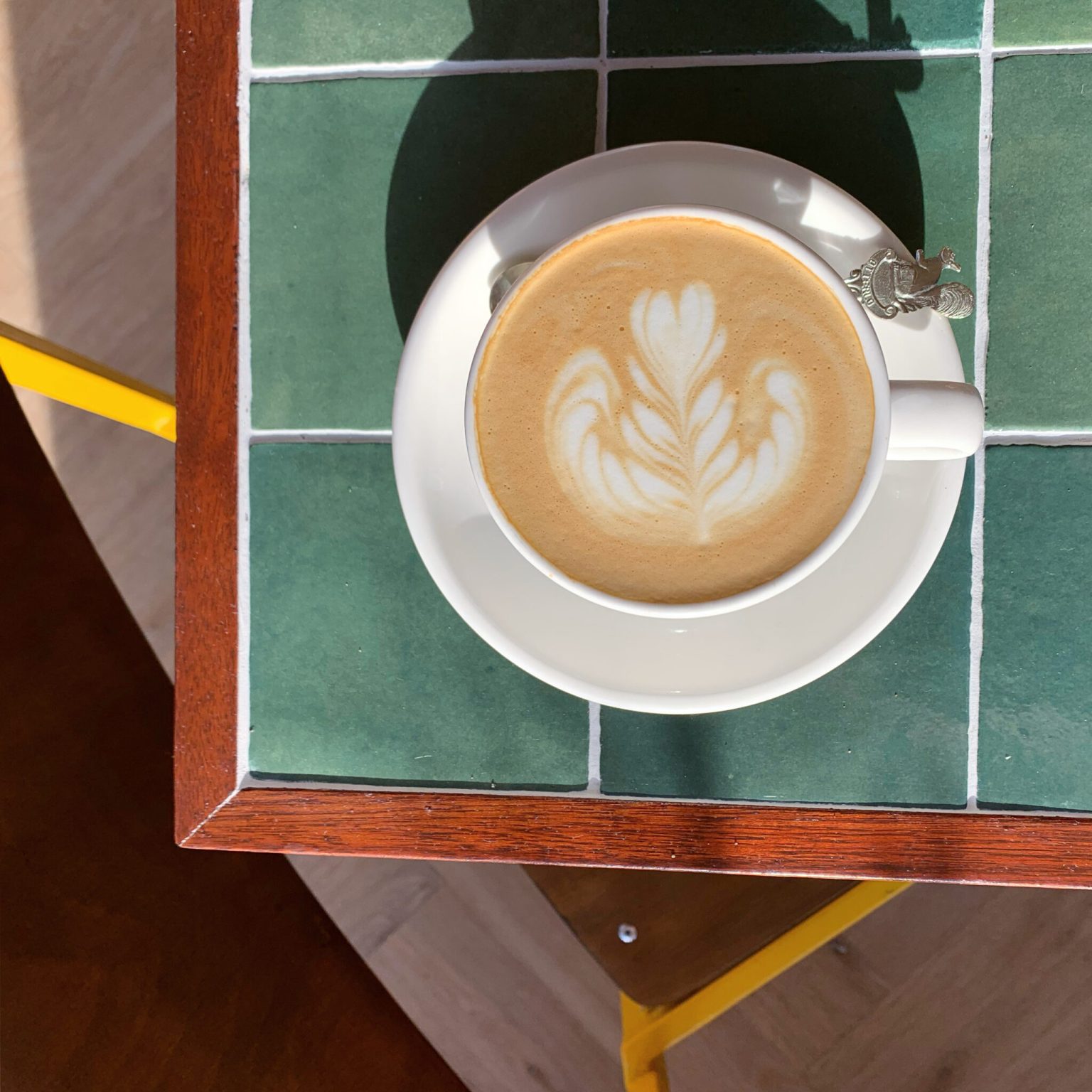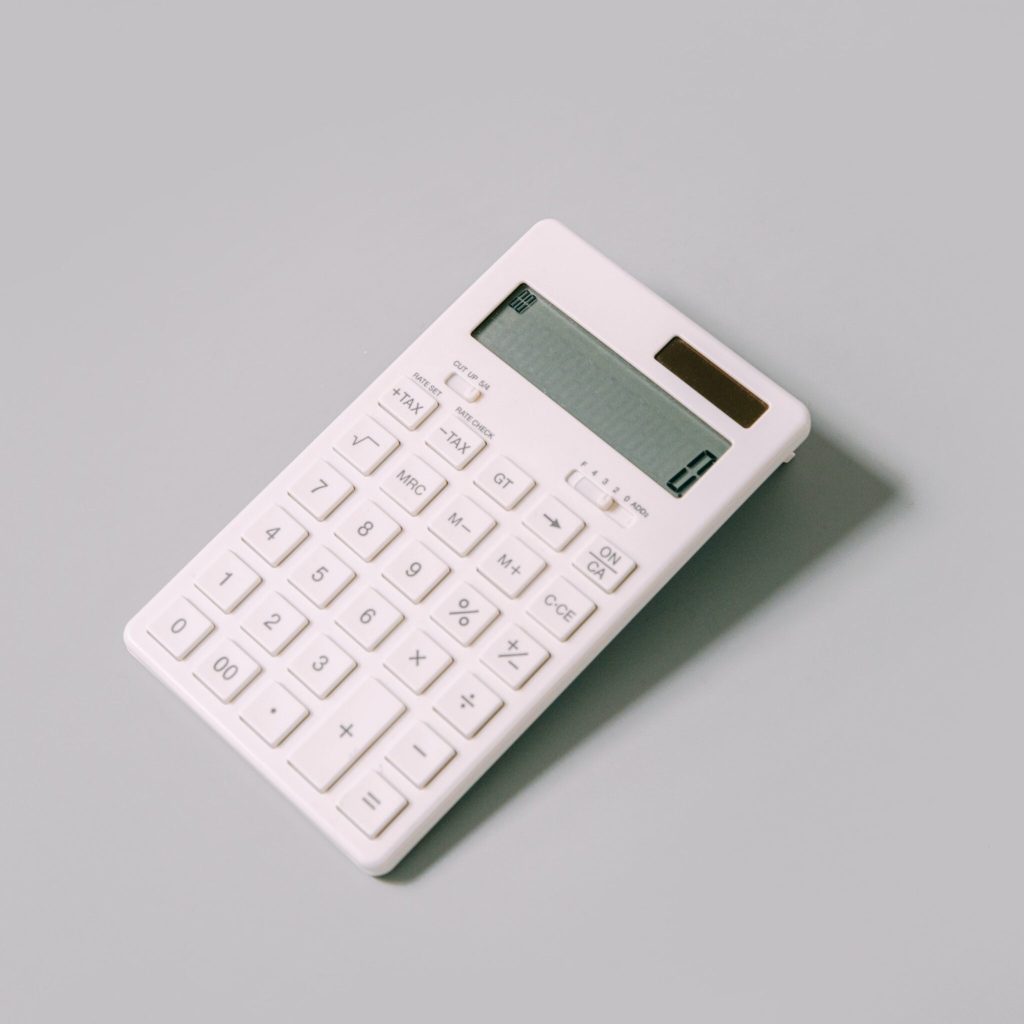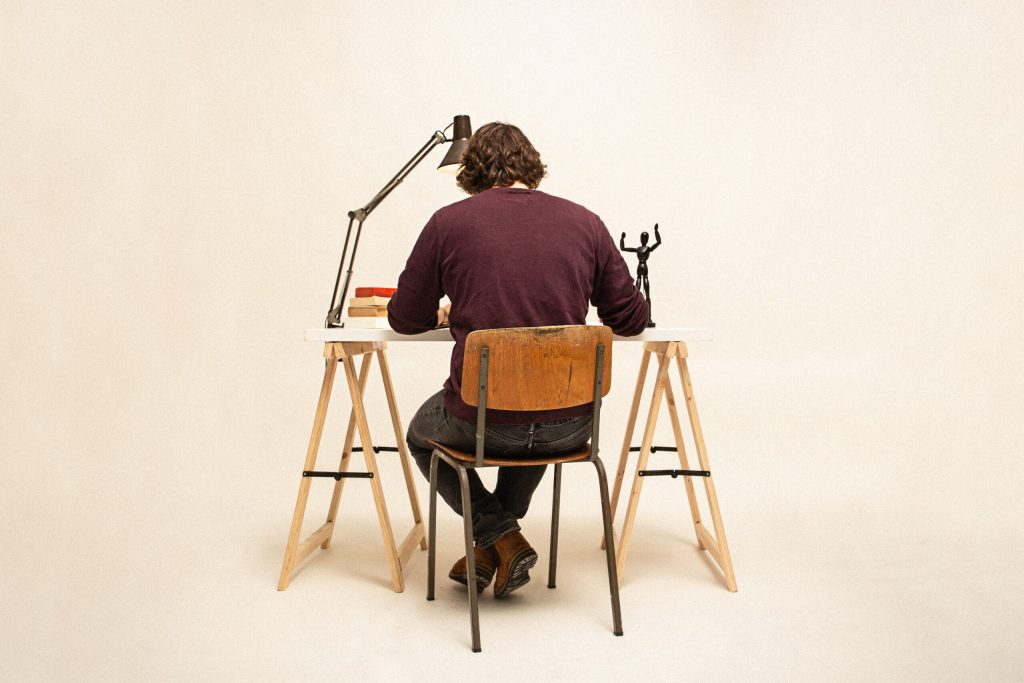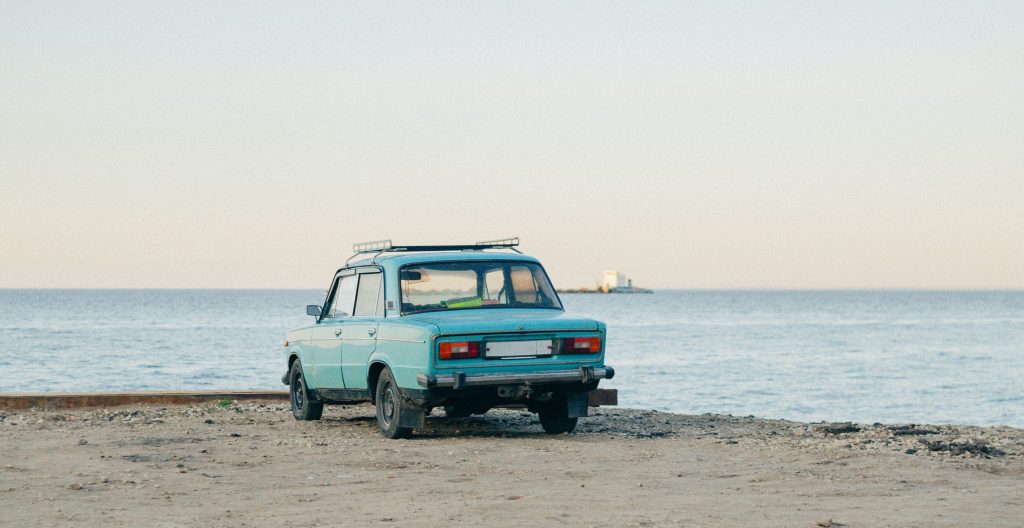“Coffee is the ultimate experience: you have experience, stories, taste, smell, feel. There is actually everything in coffee.”
The two coffee bars owned by Dagmar Geerlings can be found in all brunch-related hotspot lists in Utrecht. But Dagger Coffee is so much more than just coffee shops: it’s the name of a coffee empire in its infancy. Dagmar also selects her own coffee, which she sells in her bars and through her webshop, she organizes coffee workshops, and she advocates transparent and sustainable coffee to anyone who’s willing to listen. Dagmar even graduated in coffee, by conducting a study about how sounds affect the taste experience of coffee. “Coffee is the ultimate event: there’s the experience, the stories, the taste, the scent, the feel. Coffee basically has everything.”
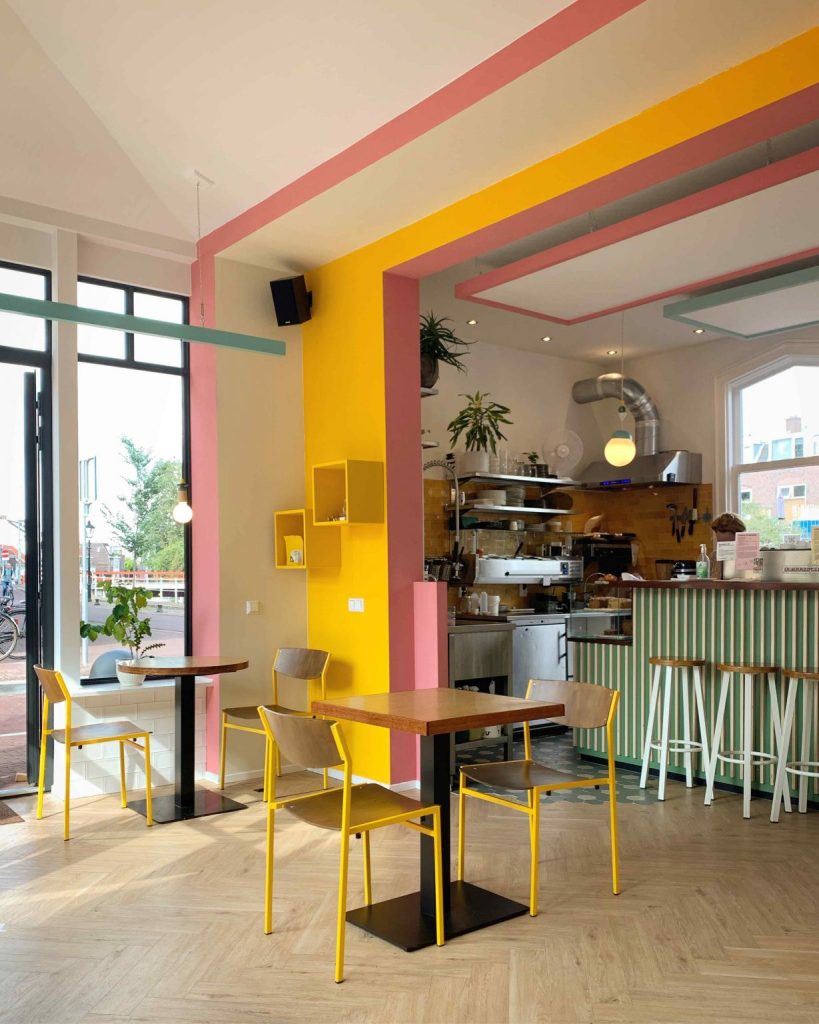
What coffee do you prefer yourself?
“I drink almost everything, except coffee from vending machines. That’s not a matter of principle, by the way. I just think it’s gross. At the moment I’m drinking an espresso diluted with a little water. I wanted a little something to sip, but I didn’t have the time to make filter coffee.”
Coffee is the second most consumed beverage in the Netherlands, after tap water. Do you have an explanation for that?
“Basically, it’s just a drug that you can get addicted to. If you drink a lot of coffee and you suddenly stop drinking it, you can get a headache. I sometimes suffer from that too. I generally try not to drink too much coffee. But sometimes things are very busy and then I really live for my next cup of coffee, just to get me through the day. Coffee is also kind of a reward, especially in an office setting. You’re tired of staring at the computer screen, or you’ve just finished a task, and then you treat yourself to a cup of coffee.”
No one likes their first taste of coffee, right? How did your love for coffee come about?
“I drank my first coffee at Lowlands Festival, it was a cappuccino. That was back in the day when Douwe Egberts was still cool, about 15 years ago. I immediately liked it, but I have to admit that it did have a heap of sugar in it. During high school, I worked at an ice cream parlour that served coffee. But my first real coffee training was when I worked for an Italian caterer. I think most baristas start out with the idea of ‘I just want to make latte art’. I certainly did!”
“At one point I graduated from Hogeschool Utrecht, in User Experience Design. Creating experiences really appealed to me, but I was wondering how I could get it all across. I had no idea yet. So I decided to take a gap year. I moved to Australia and there I immersed myself in coffee for a year. Australia has a vibrant coffee/brunch scene, where I learned a lot.”
You now own two coffee bars and a webshop, and you organise barista workshops. Where does this entrepreneurship come from?
“When I came back from Australia to start my master’s degree, I had gotten pretty good at making coffee. The coffee landscape, so to say, in the Netherlands looked quite different 7 years ago than it does now. There was still a lot of growth potential, if you know what I mean. As a side job, I started working as a freelance coffee trainer. Then I realized that coffee is the ultimate experience you can give someone. At the same time, I saw that there were very few career opportunities in the Dutch hospitality industry. I was faced with a choice: to go back abroad after graduation or to just start a coffee bar myself. Halfway through the academic year, I got an option on a location and that’s how it started really. I just rolled into it.”
Opening a coffee bar is one of those idyllic ideas many people sometimes flirt with. Is there a difference between just daydreaming about a café and actually running one?
“There may be many people who have such a dream, but there are only few who actually make that dream come true. Above all, it’s very hard work. I didn’t necessarily dream of running my own coffee bar, so I can’t really explain the difference. It’s just that when I do something, I want to stand behind it completely. Which would’ve been possible if I had found the right employer, because working for a boss is super chill: you have vacation days, and you can clock out both mentally and physically at 5:00 PM. As an entrepreneur, you don’t have that. Now I want to create the workplace that I myself have always sought. That takes a lot of time and dedication. Even though I’ve been working on it for a while now, it still feels like I’m just starting up.”
You say that you want to fully stand behind what you do. So what exactly is that?
“I want to be able to choose which companies and coffee farmers I work with. A lot of coffee is now sold with the entire supply chain being milked out. That’s bizarre. We are transparent and display the price we’ve paid for the coffee in the country of origin. That’s the money for the pickers, producers, transport and export to the Netherlands. We also display the market price of coffee on the stock market. We currently pay around €8.80 for a kilo of coffee. The market price is about €4.90 per kilo, which is generally just enough for coffee farmers not to make a loss. It’s expected that the stock market’s price per kilo for coffee will fall again in due course, while the production costs for farmers continue to rise. According to Fairtrade Netherlands, the price of a kilo of coffee is €2.58. That is far below the break-even point for coffee farmers. Which is not very fair, if you ask me. The coffee chain really needs to become much more transparent.”
How do you deal with the currently rising inflation and energy problems?
“Due to the current inflation, I regularly need to take a good look at my own prices. I think it’s important to be a coffee bar that’s available to everyone, but I also have to give my staff a fair wage. It’s all pretty tense right now. Due to the energy crisis, we are looking for a more efficient use of existing processes. With electricity, for example. Which devices can be turned on later in the day? Which ones can be set to a lower setting? It’s all annoying and tough, but we’ve taken steps to stand stronger for the long term.”
Finally, what does success mean to you?
“I can be brief about that: success is when the people I work with and for whom I work are happy, haha!”
